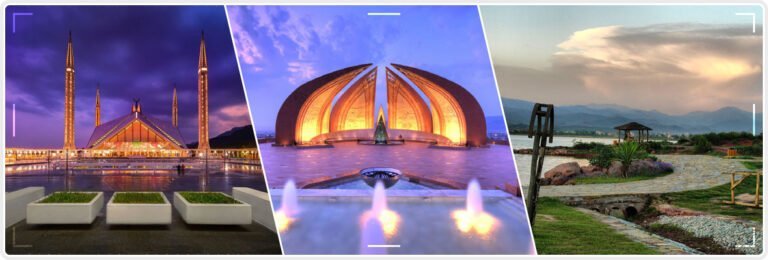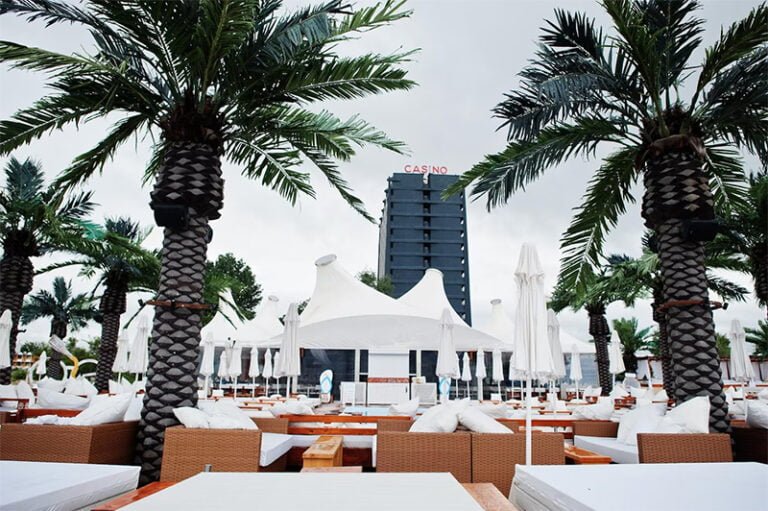Islamabad, the capital city of Pakistan, is a hub of cultural diversity, offering visitors an opportunity to explore its rich heritage. The city’s hospitality industry reflects its cultural diversity, offering visitors a chance to experience the local traditions, customs, and cuisine. In this article, we will take a closer look at Islamabad’s cultural heritage through its hospitality industry.
Traditional Pakistani cuisine
One of the best ways to explore Islamabad’s cultural heritage is through its cuisine. Traditional Pakistani cuisine is a blend of flavors from various regions, including Punjab, Sindh, Balochistan, and Khyber Pakhtunkhwa. Visitors can explore the city’s culinary heritage through its street food, local restaurants, and high-end hotels. Some popular dishes to try include biryani, karahi, kebabs, nihari, and haleem.
Local markets
Another way to experience Islamabad’s cultural heritage is by visiting its local markets. Visitors can explore the city’s vibrant markets, offering a variety of handicrafts, textiles, and souvenirs. The city’s markets are known for their traditional embroidery, woodwork, and metalwork. Visitors can also try out traditional Pakistani attire, including shalwar kameez and dupatta.
Historical sites
Islamabad has several historical sites that reflect its cultural heritage. The city’s historical landmarks, including Faisal Mosque, Pakistan Monument, and Lok Virsa Museum, offer visitors an opportunity to learn about the country’s history, culture, and art. Visitors can also explore the city’s ancient ruins, including Taxila and Rawat Fort.
Cultural events
Islamabad hosts several cultural events throughout the year, showcasing the city’s diverse cultural heritage. Some popular events include the Lok Mela Festival, which celebrates traditional Pakistani music, dance, and food. The Islamabad Literature Festival is another popular event that brings together local and international writers, poets, and artists. Visitors can also attend the Pakistan National Day Parade, which is held on 23 March, showcasing the country’s military might and cultural diversity.
Hospitality industry
The hospitality industry in Islamabad is an excellent reflection of the city’s cultural heritage. Visitors can experience the local culture through the city’s hotels and resorts, offering traditional Pakistani hospitality. Some hotels offer traditional Pakistani decor and architecture, showcasing the country’s art and culture. Visitors can also enjoy traditional Pakistani food and music at these hotels, giving them an authentic experience of the local culture.
Art and crafts
Islamabad has a rich tradition of art and crafts, reflecting the country’s cultural diversity. Visitors can explore the city’s art galleries and museums, showcasing the work of local artists and artisans. The city’s handicrafts, including traditional embroidery, pottery, and woodwork, are also famous. Visitors can purchase these items from local markets and shops, giving them a unique souvenir of their visit to Islamabad.
Concluding thoughts
Islamabad’s cultural heritage is a blend of traditions, customs, and cuisines from various regions of Pakistan. Visitors can experience this cultural diversity through the city’s hospitality industry, offering traditional Pakistani hospitality, food, and music.
They can also explore the city’s historical landmarks, local markets, and cultural events, showcasing the country’s history, art, and culture. This city offers a unique opportunity for visitors to explore Pakistan’s rich cultural heritage and create unforgettable memories.




